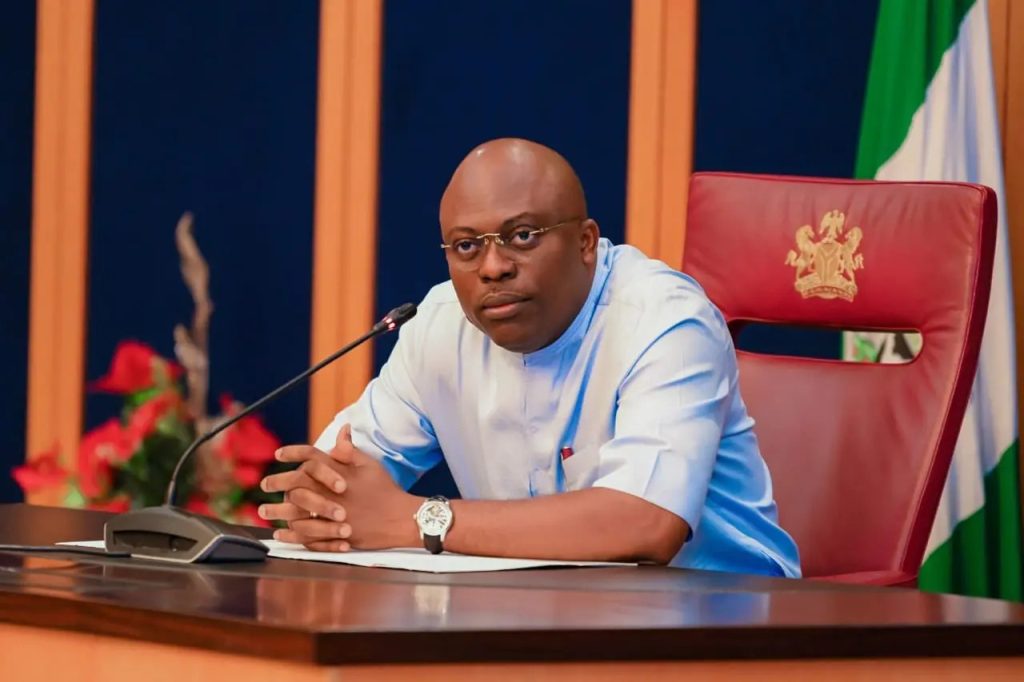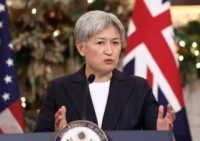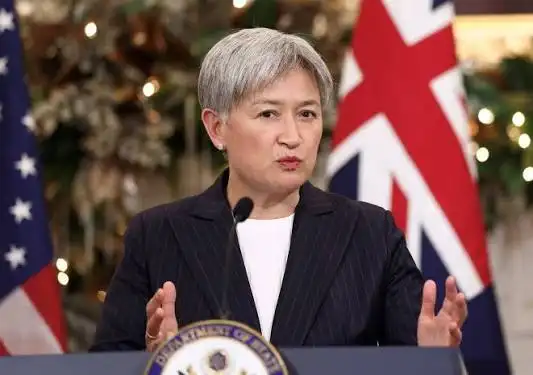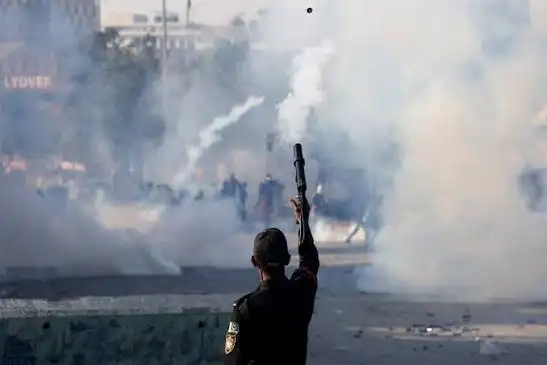In a dramatic escalation of political tensions, the Rivers State House of Assembly has given Governor Simi Fubara a 48-hour ultimatum to sack all state commissioners, a demand that has sent shockwaves through the oil-rich state. The directive, announced on Wednesday, March 5, 2025, also requires the governor to submit a new list of nominees for legislative approval by Friday, March 7. This move marks a significant challenge to Fubara’s authority, spotlighting a fierce power struggle within Rivers State’s government.
The Assembly, led by its speaker, accuses Fubara of appointing commissioners and other officials without the constitutionally mandated screening process, a practice it deems illegal and deceptive to the public. Among the contested positions is the state’s Attorney-General, a role filled without legislative consent, alongside numerous others appointed throughout 2024. The lawmakers argue that these appointees lack legitimacy and are undermining governance by operating without oversight, a charge that has fueled their call for immediate dismissals.
This confrontation comes on the heels of a recent Supreme Court decision that reinstated the full Assembly, empowering it to resume legislative functions after months of disruption. The ruling, delivered in late February 2025, has emboldened the House to assert its authority, positioning it as a counterweight to Fubara’s administration. The ultimatum follows another recent demand for the governor to revisit the state’s 2025 budget, a request he reportedly agreed to earlier this week, hinting at a pattern of legislative pressure.
For Fubara, the stakes are high. Complying with the Assembly’s demands risks portraying him as yielding to external control, potentially weakening his grip on the executive branch. Conversely, defiance could plunge Rivers into a constitutional crisis, pitting the governor against a reinvigorated legislature with judicial backing. The 48-hour deadline adds urgency, leaving little room for negotiation and forcing a swift decision that could reshape the state’s political landscape.
The implications extend beyond the corridors of power. Rivers residents, already accustomed to political turbulence, now face uncertainty as this standoff unfolds. A reshuffled cabinet could alter policy priorities, while a prolonged conflict might stall governance, affecting everything from infrastructure to public services. The Assembly’s aggressive stance suggests a broader agenda to check Fubara’s influence, possibly reflecting lingering rivalries from past administrations.
As the deadline looms, all eyes are on the governor’s next move. Will he bow to the Assembly’s demands, sacrificing his appointees to preserve stability, or dig in, risking escalation? Whatever the outcome, this clash signals a pivotal moment for Rivers State, testing the balance of power and the resilience of its institutions in a time of heightened contention.












I dont get why theyre giving such a short deadline. Is 48 hours really enough time to make a decision like that?
Should the assembly really have the power to give ultimatums like that to the governor? Seems a tad aggressive, dont you think?
Is this ultimatum just political posturing or a legitimate demand for accountability? Lets discuss! 🤔🗣️
Who do these Assembly members think they are, giving ultimatums like theyre in charge? Power play or necessary accountability?
Why rush the governor to fire commissioners? Shouldnt there be a fair process instead of a 48-hour ultimatum?